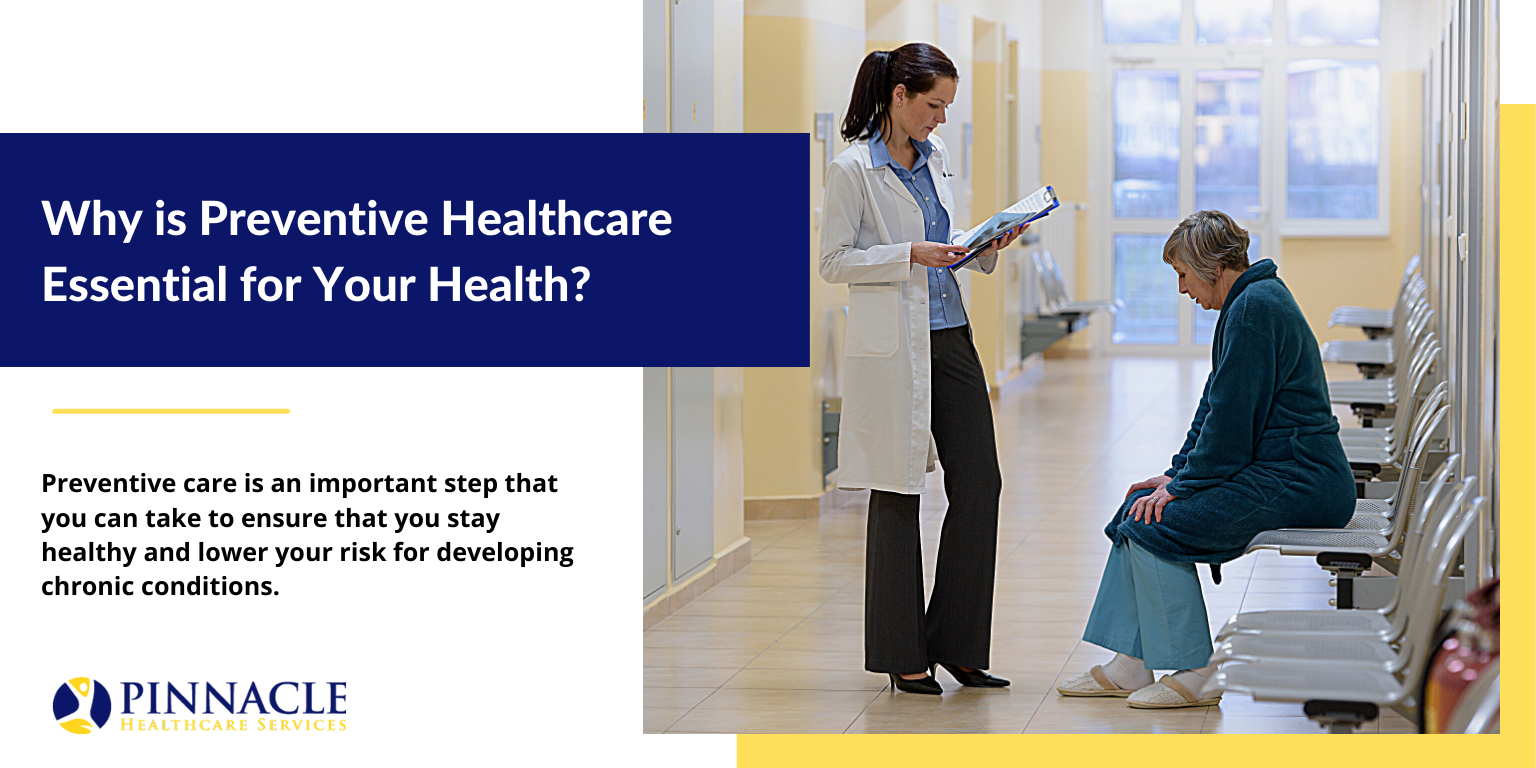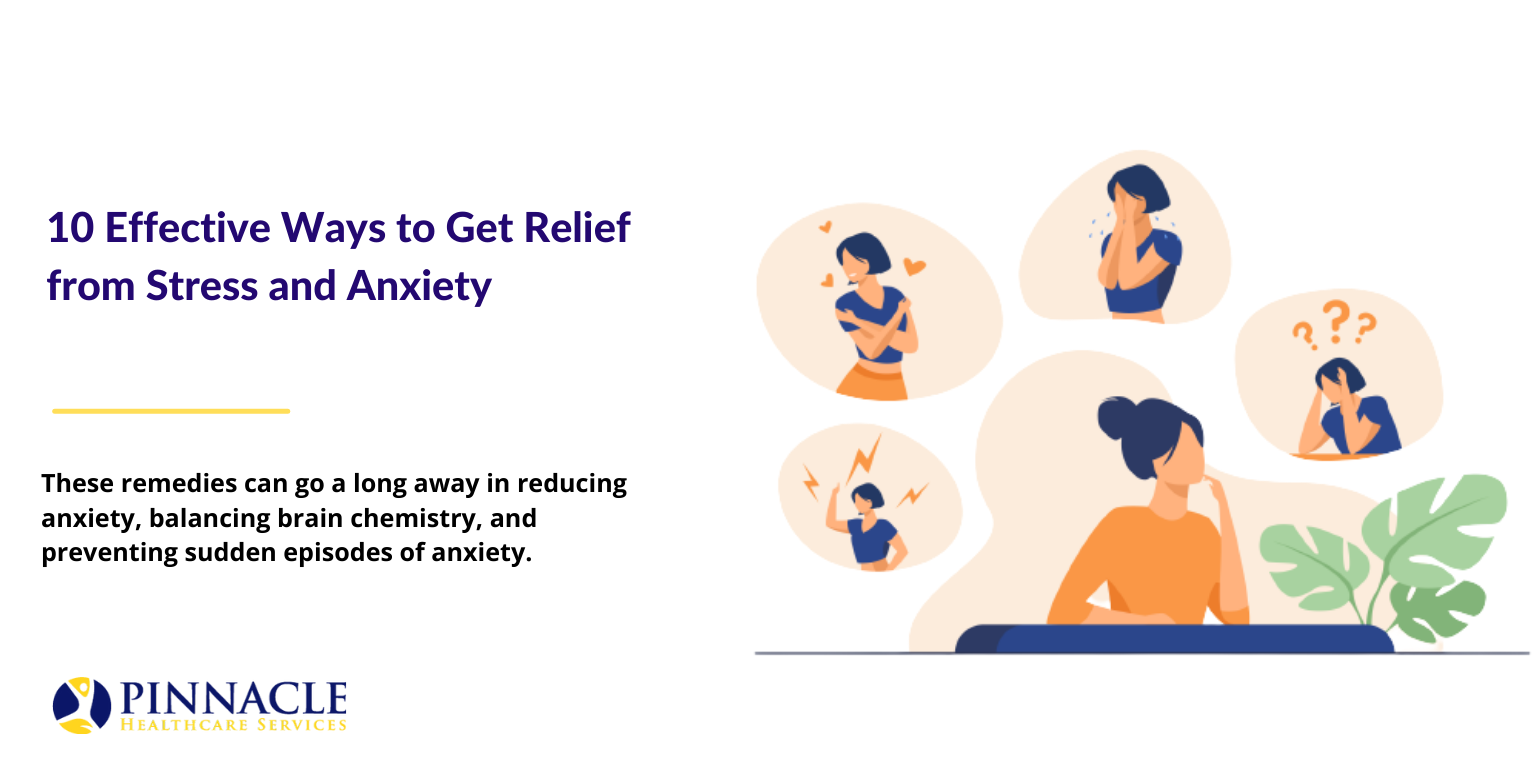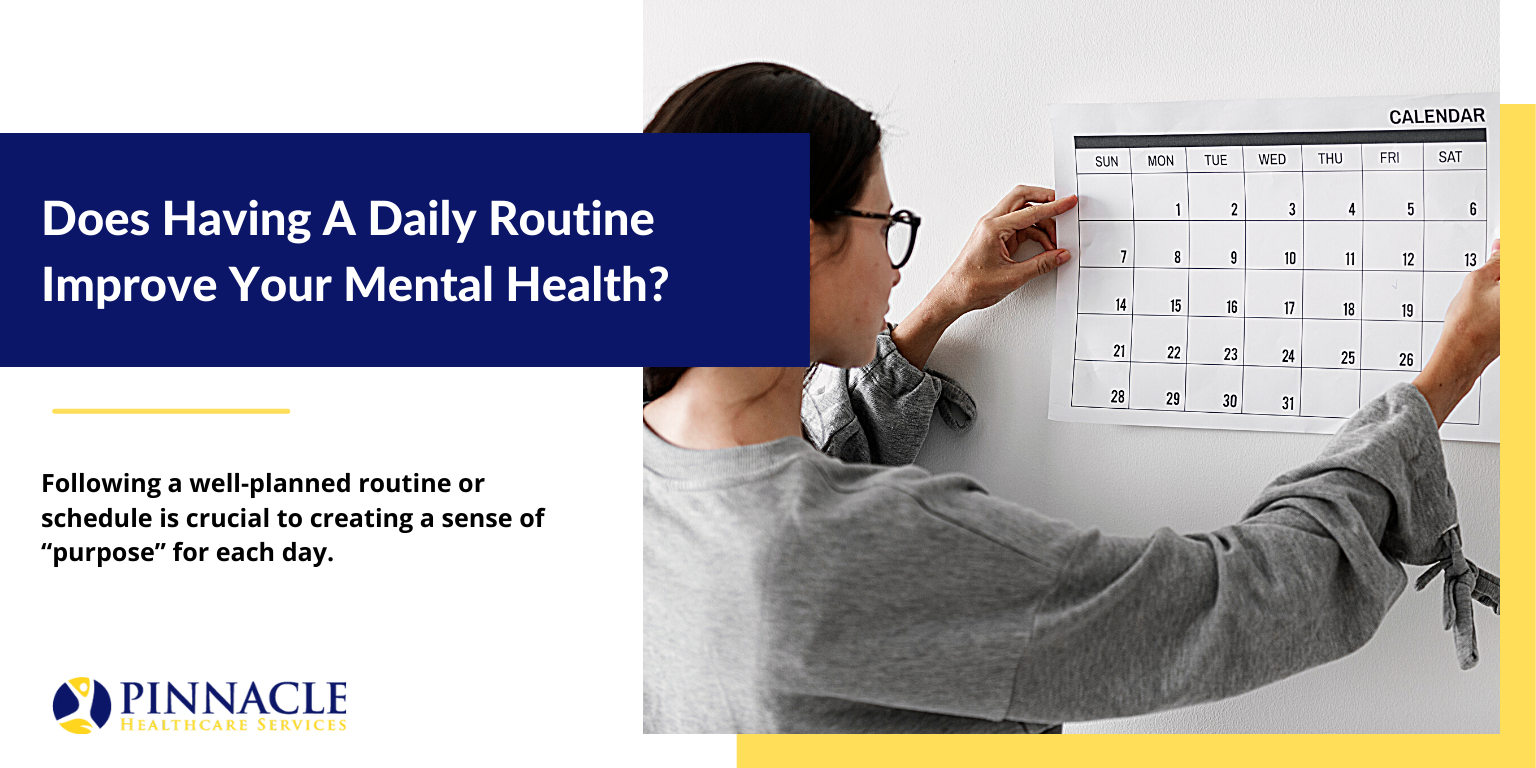Preventive care is an important step that you can take to ensure that you stay healthy and lower your risk for developing chronic conditions. Top risk factors that can lead to illness and premature death can be tackled if you take steps towards preventive healthcare. Often, people tend to avoid going to the doctor for various reasons like saving expenses or simply due to fear.
Why is Preventive Healthcare Important?
The basic idea of taking steps towards preventive healthcare is to be healthy. Our health is affected by many factors like unhealthy food habits, lifestyle, and environmental factors. Preventive healthcare measures eliminate the chances of developing diseases and conditions before it becomes serious or life-threatening.
Preventive healthcare also saves you money from future expenses occurring from any chronic diseases. That’s why it’s critical to go for regular wellness check-ups and follow-up meetings with your primary care doctor, as this can help you avoid many health problems.
How Can You Practice Preventive Healthcare?
There are many benefits of preventive healthcare. By taking proper steps to stay safe and healthy, you can make your own path to lifelong wellbeing.
Following are a few things you can do to live a long and healthy life:
1. Schedule a Checkup with Your Primary Care Provider (PCP)
Your PCP is an important ally in preventive healthcare. They can answer questions, discuss or recommend screenings and direct you to various specialists when needed. In short, they will provide care that can help prevent diseases or catch them in their early stages. If you do not have a PCP, take a look at your insurance plan to find the best one in your network.
Additionally, get vaccinated against diseases like tetanus, pneumonia, etc. If you have a health plan compliant with the Affordable Care Act, you can get certain free preventive healthcare services like flu shots.
2. Know Your Family History
It’s good to know about your family’s health history and your own, as many health issues like cancer, heart disease, or even depression can run in families. It can help your doctor plan your care accordingly and identify what things to look out for.
3. Organize Your Medical Records
As you grow older, you might need to visit more healthcare providers. Your healthcare can be spread or distributed across various doctors and hospitals. This could lead your medical records to become disorganized. An unorganized medical record-keeping can impact your overall health or when you need urgent care or while undergoing treatment.
For example, an allergy or medical side effect that you had many years ago may affect what your doctor prescribes for you today. Keeping a digital record or a paper folder of your own to store important information can go a long way in keeping your overall health in check.
4. Always Be Attentive about Your Mental Health
If, at some point, your mental health starts to concern you, talk to your PCP. Many people don’t know that PCPs can address any mental health concerns. Mental health issues like depression or anxiety can affect your physical health by putting you at risk for chronic conditions like heart disease or diabetes. Some warning signs include sleeplessness and changes in appetite.
To maintain your mental wellbeing, take some time out for yourself (workouts, reading a book, etc.) if you do not suffer from any mental health issues, as this can prevent mental issues from occurring.
5. Have A Healthy Lifestyle
Obesity and being overweight is among the biggest risk factors for medical conditions like heart disease, diabetes, and certain forms of cancer. Healthy meals that consist of various food groups like proteins in the right proportions can help you live longer and have more energy to reduce the risk of serious health issues like obesity.
Additionally, include more fruits, vegetables, beans, and lean proteins in your diet and get adequate sleep to manage your weight and ensure a healthy lifestyle. Work with your doctor and manage your diet to stay healthy and well.
6. Fitness Goals
One of the key factors of prevention of health problems is regular physical activity. It helps you to keep your bones strong, improve your mental health, and even lower your risk for some conditions like heart disease. For best results, get about 150 minutes of moderate aerobic workouts or 75 minutes of vigorous aerobic workouts per week. You could also choose a combination of both.
If you're from Alexandria, VA and looking for preventive care in your area, please visit us at Pinnacle Healthcare Services in Alexandria, VA, for the best preventive care and measures. Our healthcare provider, Dr. Kurwa Nyigu, MD, is an internal medicine specialist with 20 years of experience and can treat a wide variety of issues such as primary care, behavioral health, and mental health.







